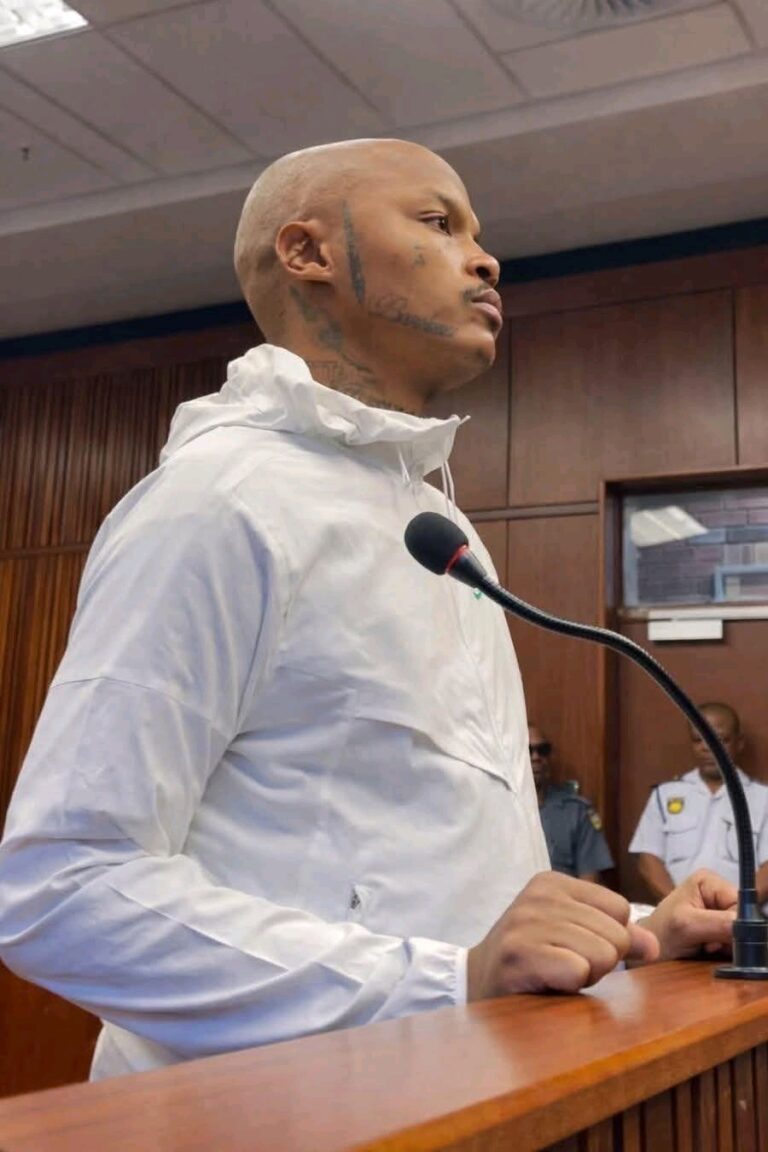
The family of the late Kwaito star Siphiwe “General” Sibisi, who passed away recently, has been struck by a heartless scam just days after his death, adding to their grief and distress. While mourning the loss of their beloved family member, fraudsters preyed on their vulnerability, exploiting the situation for financial gain.
General’s younger sister, Zamo Mguli, shared the details of this tragic ordeal with **ZiMoja**, revealing how she had been deceived by a scammer who posed as an advocate from Universal Music. The scammer claimed he was helping the family settle insurance claims related to General’s estate. The scam appeared legitimate, and the fraudster was convincing enough to fool the grieving family.
It began when Mguli received a phone call from an individual identifying himself as advocate Sekoto. He falsely claimed to represent Universal Music and offered to assist the family with their insurance claims. Mguli described how the fraudster provided a list of beneficiaries, which included her brother Xolani, further adding to the appearance of authenticity. Mguli said she invited Xolani into the call to discuss the matter, unaware of the deceit that would follow.
The scammer then promised a substantial payout, including a R300,000 insurance claim, and requested sensitive personal information such as ID copies, proof of address, and banking details, supposedly to process the payments. The fraud escalated when the scammer demanded R4,000 upfront to cover alleged penalties related to the insurance payout, which Mguli paid without hesitation.
Shortly after, the scammer requested an additional R800, claiming it was needed for tax clearance purposes. He instructed Mguli to transfer the funds to another “advocate” in Pretoria, which she complied with, still trusting that the advocate was genuine. However, as the scam progressed, the family’s doubts grew when the supposed advocate failed to respond to further queries, particularly about moving General’s body from the Diepkloof government mortuary to a facility that the scammer had allegedly arranged through Universal Music.
Mguli recalled how, at this point, she began to question the legitimacy of the arrangement. “We asked him whom I am supposed to meet at the mortuary to move the body, and he was no longer responding to me,” she said. When she tried contacting the scammer again, he became unreachable. Suspicion turned to certainty when the family discovered that the mortuary had no record of any such arrangement, leaving them in a state of shock.
The full extent of the fraud became clear when Mguli’s bank informed her that the transactions were part of an ongoing scam. The fraud department was already investigating the account she had paid into, confirming that her family had fallen victim to a well-coordinated scheme.
“They told us this was all fraud,” Mguli shared, her voice tinged with the emotional toll of the experience. “The first account I had paid into was being investigated by the bank’s fraud department. That’s when it hit me that we had been scammed.”
This tragic situation highlights the depths to which fraudsters will sink, preying on families already suffering from the loss of a loved one. The timing of the scam, occurring just before General’s funeral, added even more heartbreak to the family, not only through financial loss but also through the emotional trauma of betrayal during such a sensitive time.
The meticulous planning of the scammer, using legitimate-sounding details and progressively requesting smaller sums of money, made the deception highly convincing. The family was already under immense stress, making them more vulnerable to manipulation.
This incident serves as a sobering reminder of the vulnerability of grieving families and the callousness of those who would exploit them for personal gain.







